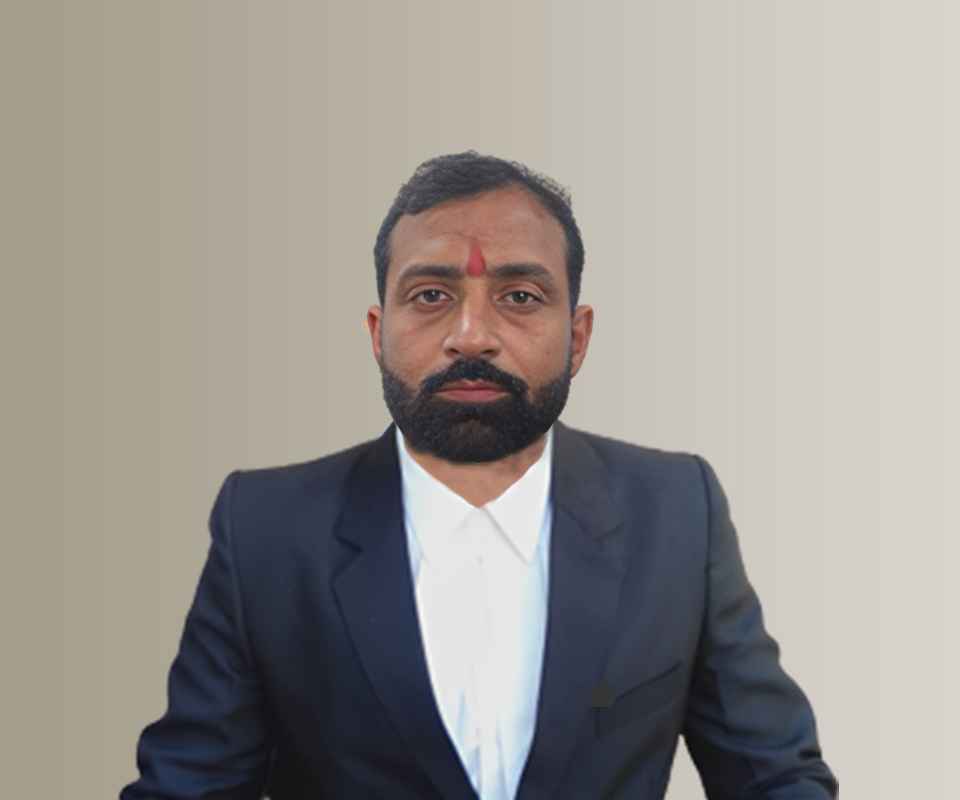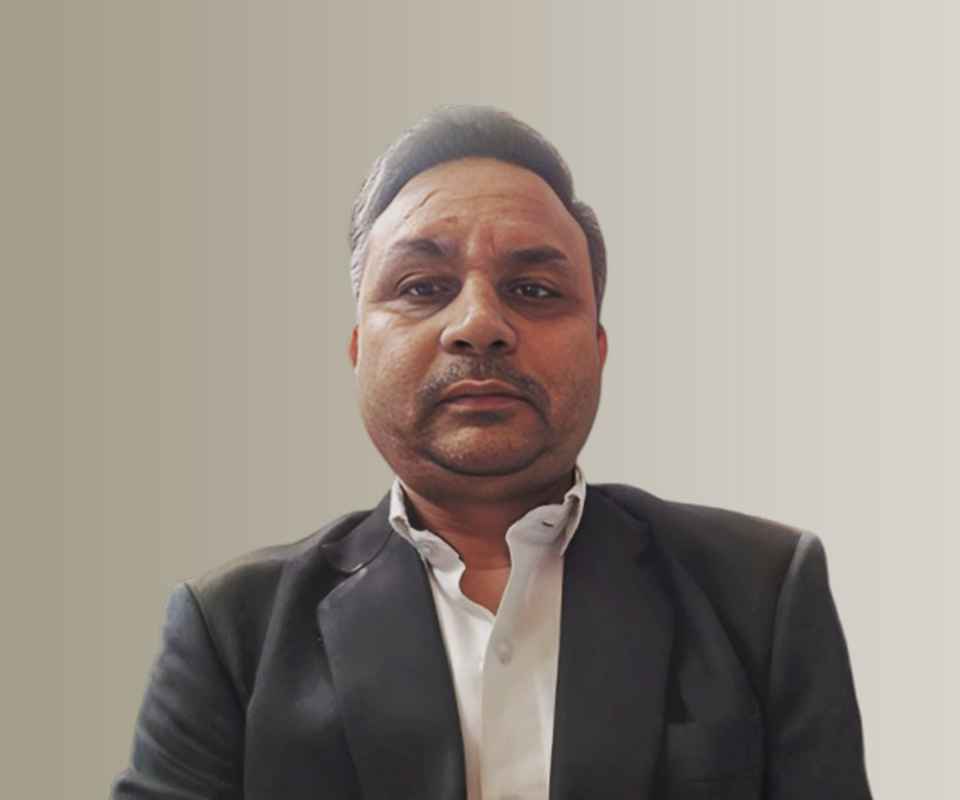Answer By law4u team
In India, copyright infringement occurs when a copyrighted work is used without the owner's permission. However, certain exceptions under the Copyright Act, 1957 allow limited use of copyrighted material without it being considered an infringement. These exceptions are covered under Section 52 of the Act. Key Exceptions to Copyright Infringement Fair Dealing (Fair Use) Use of copyrighted content for private or personal use, including research. Use for criticism, review, or reporting of current events in media. Use in judicial proceedings or legal advice. Educational Use Reproduction of a work by a teacher or student for classroom teaching. Performance of a literary, dramatic, or musical work by students in educational institutions. Library and Archives Libraries can make copies of works for preservation or for use by researchers. Parody and Satire Creating a parody or satire of a copyrighted work may be considered a fair use. Use by Government and Public Interest Exceptions The government can reproduce work for official use, legislation, or parliamentary proceedings. Public libraries and museums can store and exhibit copyrighted works. Use for Reporting and Criticism News channels and journalists can use copyrighted works for reporting current events. Reviewers and critics can reproduce small portions of a work to analyze or comment. Computer Programs and Software A lawfully purchased computer program can be copied for backup purposes. Reverse engineering for research or compatibility may be permitted.









